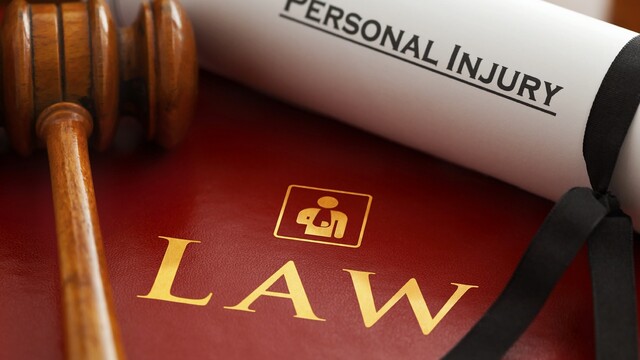Tips To Save Your Business From The Looming Cannabis Civil War

I recently attended a three-hour continuing legal education seminar titled “Effectively Suing the Cannabis Industry,” where I sat through a presentation called “Holding the Marijuana Industry Legally Accountable.” The seminar and the presentation, put on largely by and for personal injury and other plaintiff’s attorneys, was led by a personal injury attorney who is in the process of launching an organization that he is calling Cannabis Industry Victims Educating Litigators. The sole purpose of this organization is to create clients for these plaintiff’s lawyers and the true “victim” may be the cannabis industry itself.
While the content of the seminar was filled top to bottom with lies, misinformation and general reefer madness, there was, hiden deep inside, a very important message: As our industry continues to mature and gain equal footing with all of the other US industries, cannabusinesses become increasingly at risk for the same types of litigation that affect all agricultural and manufacturing industries. Moreover, the more financially successful the industry becomes, the more attractive of a target it becomes for the plaintiff’s lawyers..
By now, almost everyone has heard about the rash of civil RICO suits that have been filed in Oregon (mostly by the same attorney) against OLCC-licensed recreational cannabis businesses and the ancillary non-cannabis businesses that do business with them. In fact, it’s hard these days to find anyone here in the industry who doesn’t know someone who has been touched or affected by those suits in some way. Unfortunately, those suits might just be the tip of the spear in a more concerted collateral attack on the industry through civil lawsuits, and the potential scope of those suits is immense and very costly. From what I gathered at the seminar, plaintiff’s attorneys are trolling for clients to bring products liability lawsuits against cannabusinesses for making false claims and manufacturing dangerous products, server liability cases against dispensaries, budtenders, and even private individuals who host consumption events. There is even the potential for private environmental, employment and nuisance claims based on pesticide and water usage by producers. All of these suits are costly to defend and could spell the end for any growing business.
With all of this brewing, there are two things that cannabusinesses can do to help limit the effectiveness of the new civil war on cannabis. The first is to band together to create strong industry associations and trade groups that can help businesses defend against these lawsuits and shape public policy that limits the crippling effects of those claims. This is essentially the strategy employed by every other major US industry that finds itself at a high risk for these types of litigations. The other and more personal action that a cannabusiness owner can and should take to limit its exposure to litigation is to make sure that all facets of its business (and all of its employees) are always in compliance with all of the many legal and regulatory requirements to which any business is subject. This means that like all US businesses, cannabusinesses should have regulatory compliance manuals, standard operating procedures, emergency plans, sales scripts, employee manuals and behavior policies, payroll policies, and, of course, internal management policies and procedures in place designed to ensure oversight and internal compliance with all of those things. While these things may seem time consuming and daunting, they are, for many reasons, standard requirements for any successful business not the least of which is drastically reducing the potential that you (or one of your employees or contractors) will do something that exposes your business to civil liability.
An ounce of prevention is worth a pound of cure considering that the alternative might be a six to seven figure damage award that is not likely to be covered by your insurance policy; and the best defense to litigation is to put yourself in position where you are less likely to be sued because your policies and procedures are airtight.
